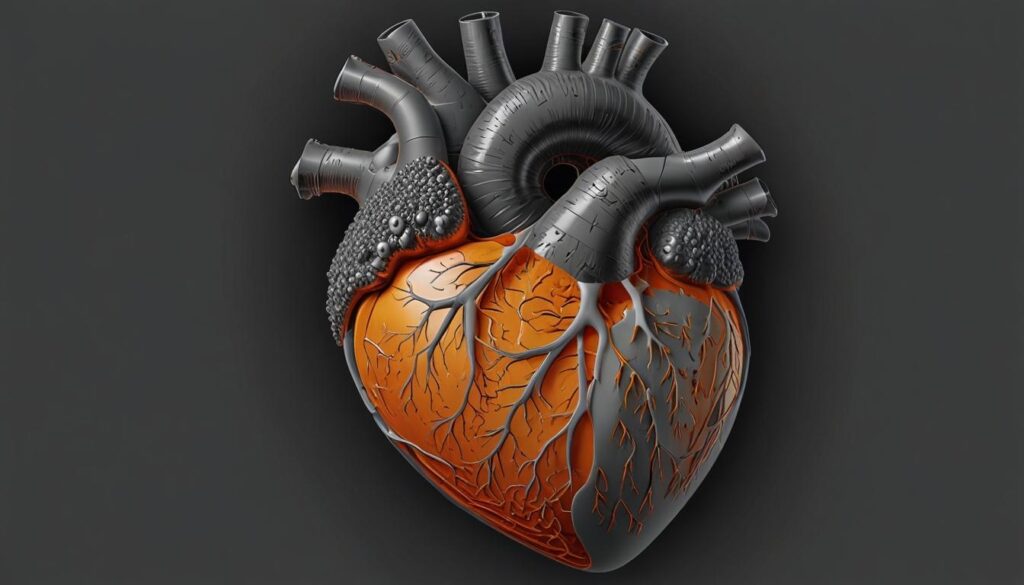A recent research study conducted at the University of Oxford funded by the British Heart Foundation reveals the potential of artificial intelligence in predicting heart attack risk up to a decade ahead. The study focuses on enhancing the accuracy of cardiac CT scans to detect arterial blockages, showing promise in improving treatment plans for heart patients.
Researchers at the University of Oxford have discovered that artificial intelligence (AI) could predict the risk of a heart attack up to 10 years in advance. The study, funded by the British Heart Foundation (BHF), focuses on improving the accuracy of cardiac CT scans in detecting blockages or narrowing in the arteries, which traditional CT scans sometimes miss.
The research involved analyzing data from over 40,000 patients across eight UK hospitals, with a median follow-up period of 2.7 years. Additionally, the AI tool was tested on another 3,393 patients over almost eight years. Results showed that AI could accurately predict heart attack risk, leading to 45% of treatment plans being altered for 744 patients based on AI-generated risk scores.
Prof Charalambos Antoniades, chair of cardiovascular medicine at the BHF and director of Oxford’s acute multidisciplinary imaging and interventional center, emphasized that the accurate risk assessments provided by AI could significantly improve heart patient treatments. Prof Sir Nilesh Samani, medical director at the BHF, noted the potential of AI-based technology in identifying high-risk individuals.
The study suggests that AI can play a crucial role in preemptive healthcare, aiming to prevent thousands of heart attack-related deaths in the UK annually. Prof Antoniades expressed hope that the AI tool would soon be adopted across the NHS.

